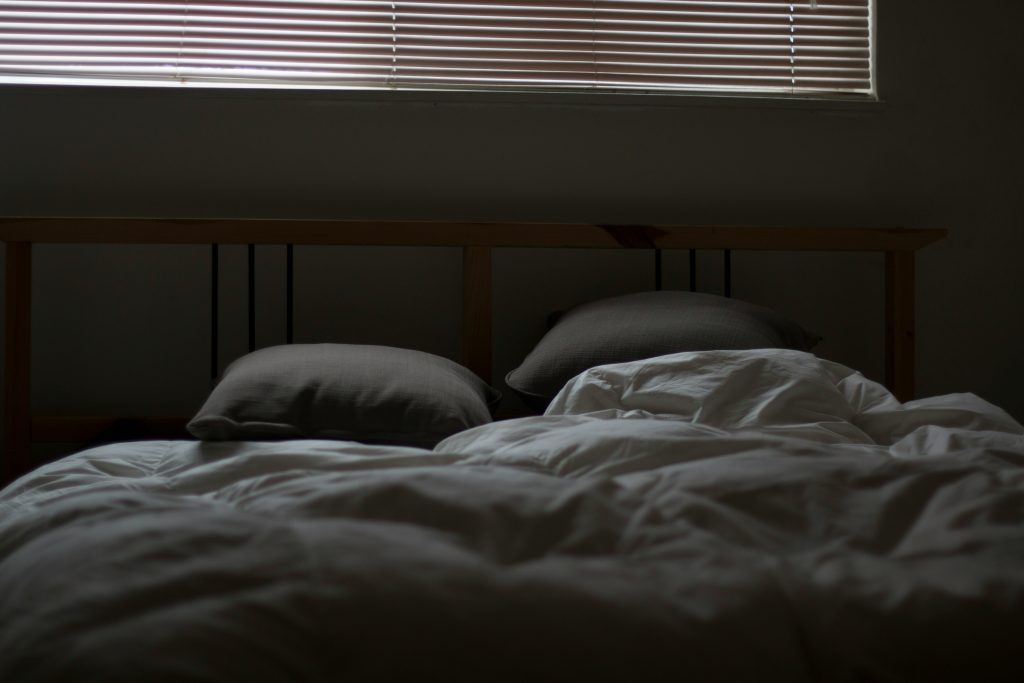Sleep regularity is important for heart health: study

Posted January 3, 2025 1:11 pm.
Last Updated January 3, 2025 4:57 pm.
Irregular sleepers have a 26 per cent higher risk of a major cardiovascular event, according to a study.
Sleep regularity measures the time that you go to bed and the time that you wake up. It was a “surprise” to co-author Dr. Jean-Philippe Chaput that irregular sleep was an even better predictor of heart attacks than the short sleep duration, which has already been “linked to heart problems.” He’s hoping that it will change health guidelines.
Dr. Jean-Philippe Chaput is a pediatrics professor at the University of Ottawa and senior scientist at the Children’s Hospital of Eastern Ontario Research Institute.

“We realized that people who don’t have regular bedtimes and rise times have a much higher risk of heart attacks,” he explained. “We grouped out the people in three groups; those with regular sleep +/- 30 minutes, the moderately irregular, so +/- one hour and the irregular sleepers, with more than one hour difference, during their bedtimes and wake up times.”
The data revealed that those with irregular sleep patterns have a 26 per cent higher chance of developing major cardiovascular problems. And those with moderately irregular sleep patterns also at-risk, at between 10 to 12 percent.”
“This worries me because I’m not a regular sleeper,” said Montrealer Pierre, in French. “My new year’s resolution will be to sleep better.”

The study was conducted over eight years on a group of more than 70,000 middle aged adults in the UK who wore medical grade sleep tracking devices to monitor their slumber.
“It’s a great blessing to sleep quickly and to not have sleep problems,” said Montrealer Sala, when asked if the study will change his sleep habits. “I think I sleep regular hours, so I’m glad that sleeping regular hours is a good thing, and I think I won’t change it anytime soon.”

Chaput noted that it’s also important to stick with the same sleeping patterns, even if you go to bed later.
“So, let’s say you go to bed late tonight because you had a Christmas party, it’s still better for you to wake up at the same time even though you’ll sleep for four or five hours as opposed to sleeping in,” he said. “We know that while we’re sleeping, there’s a little dip in blood pressure at night and in the morning, it goes up… that’s why we see more cardiac arrests early in the morning, and then by waking up and going to bed at the same time, it’s good to set the tone to be in sync with our body.”
According to Chaput, the “the best medicine” for a good night’s rest is exercise and exposure to light while waking up, like going outside or using a light therapy lamp.
“It’s in my family that we have bad heart health,” said Ryan, another Montrealer who spoke to CityNews. “My wife wants me to live as long as possible so I know that after hearing this, she’s going to make me get off my phone a little bit earlier before bed so that I can live a little bit longer,”

However, Chaput says sleep measuring devices are fine if you like to track that kind of thing, but warns that putting too much stock in them can cause anxiety and insomnia. If you fall into the latter category, you’re better off not wearing it.
“We try our best. Things change, kids get sick and stuff like that but that’s okay. Overall, we need to look at the general pattern rather than every day to see if we’re perfect. This topic was kind of a surprise because it was understudied, but I think it may change some of the guidelines.”








